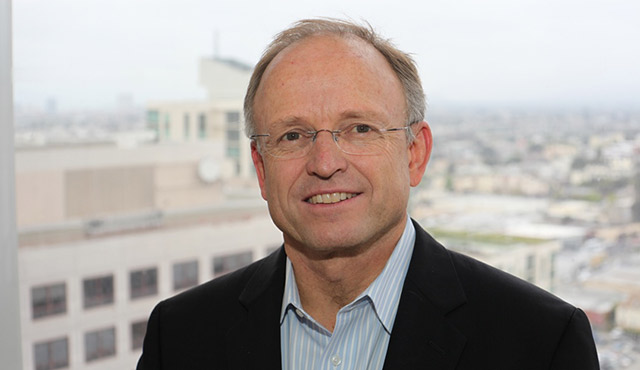Alcoholism, depression, anxiety, drug addiction — these are forms of mental illness that millions of Americans suffer from every day, often with shame, hiding the reality from friends, family and co-workers.
This is exactly why Providence St. Joseph Health has recently invested an initial $100 million toward the creation of the Institute for Mental Health and Wellness. Its purpose is to find ways to alleviate the stigma and the suffering that mental illness causes.
For Tyler Norris, MDiv, the newly appointed chief executive of the Institute, addressing the stigma is a priority because it keeps people with mental health problems from getting help. “We need to be able to talk about mental health issues—anxiety, depression, substance abuse—the way we talk about physical issues. We need to model that as a health system.”
First steps
Addressing the stigma of mental health problems is just one of five goals for the Institute. The other four are to build resilience in children, teens and families; reduce suffering from depression, anxiety and social isolation; reduce substance abuse; and create hope for people with serious and persistent mental illness.
Norris admits that these goals are ambitious, but when he starts his job in early January, he and his colleagues will begin by finding out what programs are already successful in those five areas.
“We are entering a discovery phase, to listen to communities,” he says, adding that he will be working with Maureen Bisognano, a nationally regarded expert on mental health and founding chair of the Institute’s Advisory Council on Mental Health and Wellness. “We will be very actively traveling to learn about existing institutions, and to hear about peoples’ perceptions about priorities—I’m very much looking forward to it,” he says.
The idea is to bolster successful community-backed programs that are already in place. “We want to build on existing initiatives, and leverage with communities to grow what is working,” says Norris.
Removing blame and shame
Substance abuse, particularly the rise in painkiller and heroin addiction, is a significant part of the country’s mental health problems. In his groundbreaking November 17 report, “Facing Addiction in America,” Surgeon General Vivek Murthy called addiction to drugs and alcohol a major public health challenge.
About 27 million adults suffer from some form of substance abuse disorder, according to the Substance Abuse and Mental Health Administration—and only about 10 percent of them are getting treatment, out of fear of discrimination, shame, denial, or lack of access to help. Underlying addiction for many people are unresolved mental health issues.
“The important thing is to integrate mental health and substance abuse into primary care,” says Norris. “And second, we need to look at substance abuse as a treatable chronic disease, not a moral failure.” He adds: “We need to open that conversation so that people with addiction get support they need.”
Mission-led, faith-based
Norris, 57, was born in Hoag Hospital, and now lives with his family in Northern California. He is keenly aware of the mission of the Sisters of Providence and the Sisters of St. Joseph. “Many aspects of our lives impact our health, including access to education so young people can reach their God-given potential,” he says. “And social justice goes right to the heart of the Catholic mission to help the poor and vulnerable, to look after those who struggle the most. We are firm that our Institute will live out the mission of our foundresses.”

